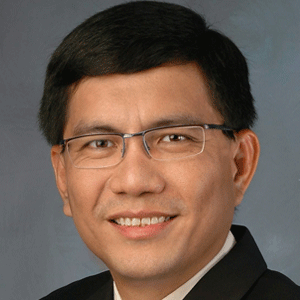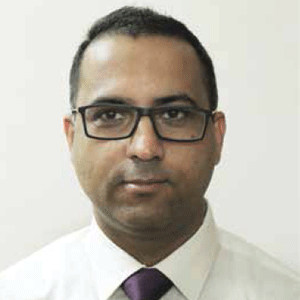THANK YOU FOR SUBSCRIBING
Editor's Pick (1 - 4 of 8)

Constructing a Digital Society
Ole Nielsen, Deputy Chief Digital Officer and Director of Digital Transformation, ACT Government


Ole Nielsen, Deputy Chief Digital Officer and Director of Digital Transformation, ACT Government
Cloud Enables Governments and Organizations to Constantly Update Their Platforms By Developing Applications That Are Essentially Independent But Integrated At The API Level












